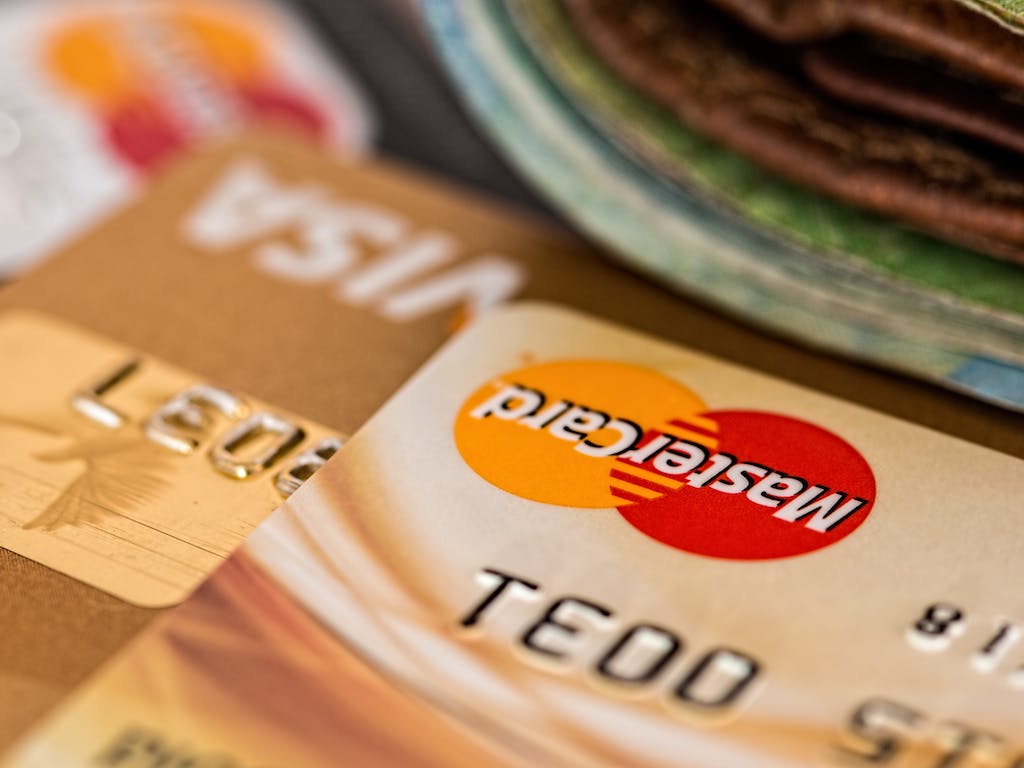In today’s digital environment, credit card fraud is becoming a bigger problem. Protecting yourself is essential to keep your finances safe. Here are some effective ways to safeguard your credit card information.
Use Strong Passwords
One of the first steps in preventing credit card fraud is to use strong, unique passwords for your online accounts. Avoid using easily guessed passwords like your birthday or “123456.” Instead, create complex passwords that include a mix of letters, numbers, and symbols.
Monitor Your Accounts Regularly
Pay attention to your credit card and bank statements. Regularly check for any unfamiliar charges. Most banks offer apps that let you monitor your transactions in real time. Report any questionable activities you come across right away.
Enable Alerts
Create transaction alerts with your credit card company or bank. These notifications can be sent via text or email whenever a purchase is made. This way, you can quickly identify any unauthorized transactions and take action.
Shop on Secure Websites
When shopping online, ensure the website is secure. Check for a padlock icon in the address bar and “https://” at the start of the URL. These indicators show that the site uses encryption to protect your information.
Be Cautious with Public Wi-Fi
Public Wi-Fi networks can be risky for making purchases or accessing sensitive information. Avoid entering credit card details when using public Wi-Fi. If you must connect, consider using a virtual private network (VPN) for an extra layer of security.
Keep Your Information Private
Never share your credit card information over the phone or through email unless you are certain of the recipient’s identity. Scammers often use phishing tactics to obtain sensitive information, so always be cautious.
Use Credit Monitoring Services
Consider signing up for credit monitoring services. These services can help you track your credit report and notify you of any suspicious activity, such as new accounts opened in your name.








